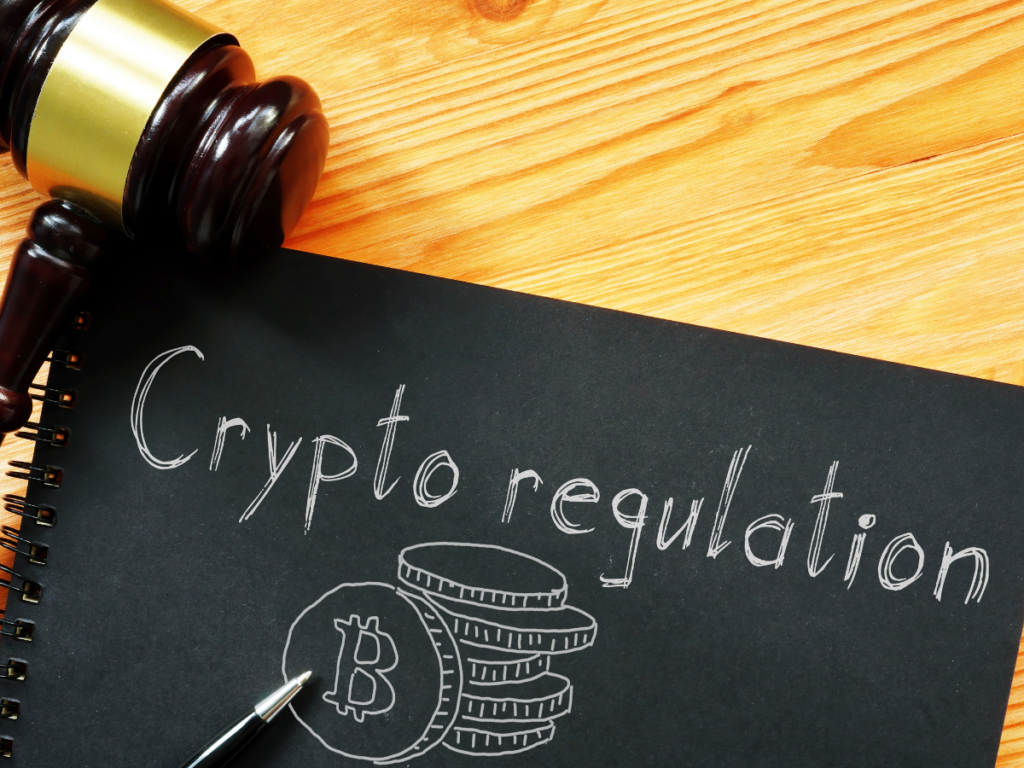Discover the differences between the US and EU’s approaches to crypto legislation, emphasizing the difficulties and compromises in each area.
The advent of blockchain technology and crypto-assets has presented regulators with new difficulties. With the global crypto-asset market still growing, regulators are finding it difficult to come up with a consistent strategy for governing the industry. In order to regulate crypto-assets, the US and the EU are going in separate directions, each with their own advantages and disadvantages.

US strategy: striking a balance between investor protection and innovation
In an environment defined by a complex regulatory structure made up of both federal and state legislation, regulatory efforts in the United States have concentrated on striking a careful balance between safeguarding investors and fostering innovation.
The federal financial markets regulator, the Securities and Exchange Commission (SEC), has been leading the charge in monitoring the phenomenon’s rise in an effort to shed light on the assets that qualify as securities. The SEC aimed to stop fraudulent initial coin offerings and make sure that market players followed relevant securities offering rules by establishing a number of enforcement actions and guidance.
To stop illegal activity, the Financial Crimes Enforcement Network, a government organization with experience in combating money laundering, has mandated that cryptocurrency operators adhere to anti-money laundering laws in parallel.
Still, the regulatory environment is still dispersed, with several states and federal agencies maintaining their separate regulatory authority over particular facets of the issue. Because there are inconsistent regulations resulting from this decentralized and unorganized approach, market development and innovation in the United States have been slowed down and several uncertainties have been created.
The issue surrounding the ongoing hold-ups and roadblocks in the approval of the first ETF (passive replication investment fund) with Bitcoin as its foundation is representative in this regard.
Include in this the divergent positions taken by US authorities and US jurisprudence, which hasn’t done anything to provide industry participants with clarity, especially in the Ripple and Grayscale cases.
The regulatory strategy: creating a naturally occurring regulatory framework
The European Union has regulated cryptoassets in a more cooperative manner than the US, most notably with the enactment of the MiCAR Regulation. The adoption of MiCAR aims to regulate the issuance, trading, and custody of crypto-assets for all EU member states in a comprehensive and standard manner. The objective of the regulation is to uphold financial stability while enhancing investor protection, promoting innovation, and fostering market integrity.
Simultaneously, the European Union has brought crypto-assets into the purview of AML law, first with the Fourth and Fifth AML Directives and then with the Transfer of Funds law. This has occasionally presented organizational and operational issues for market participants. The main measures implemented by the European Union require exchanges and suppliers of cryptocurrency wallets to follow stringent AML regulations. Additionally, they must use the so-called travel rule, which basically requires the traceability of financial transactions performed using crypto-assets.
Creating legal certainty, fostering cross-border activity, and stimulating investment in the crypto-asset market are all made possible by the adoption of a harmonized approach. On the other hand, enforcing strict regulations raises compliance costs and may ultimately limit market competition by eliminating operators that are not set up to meet the new regulations.
Prospects and challenges
Significant obstacles stand in the way of the US and EU successfully regulating cryptoassets. Because cryptocurrencies are decentralized, it is hard for one government to have complete control over the market. Inconsistent approaches and gaps in legal certainty have resulted from the absence of centralized regulation in the US, but operators have not been subject to very onerous restrictions. However, there are still issues with the pace of implementation and potential roadblocks in attaining full harmonization among member states during the implementation phases of the European Union’s established organic regulatory framework, which appears to be considerably more promising.











